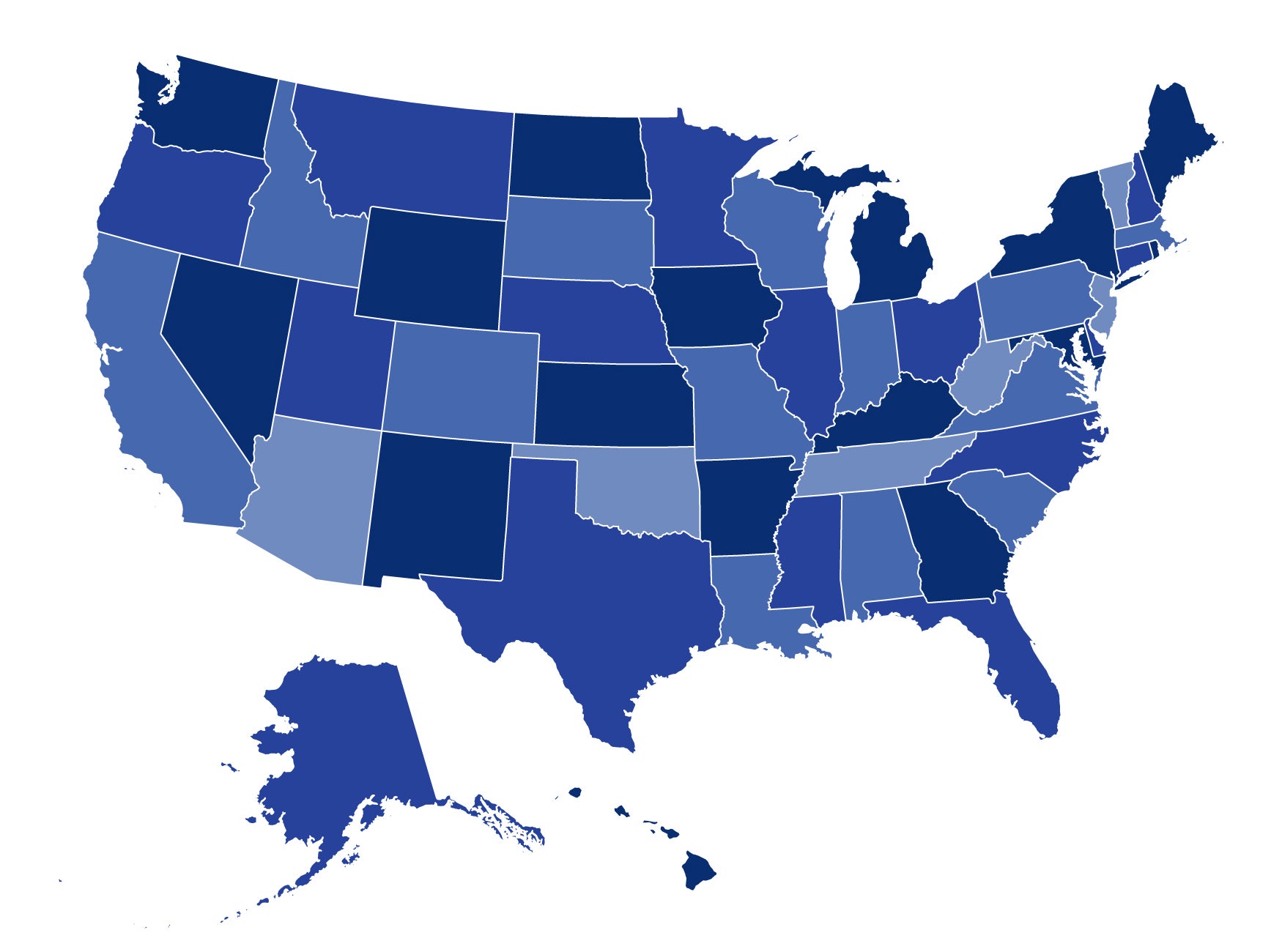
By Sabrina Corlette, Kevin Lucia, Justin Giovannelli and Sean Miskell
The failure of the health insurance CO-OP operating in Iowa and Nebraska and recent analysis documenting significant losses among all but one CO-OP have caught the attention of policymakers and raised questions about the long-term viability of the Affordable Care Act’s Consumer Operated and Oriented Plan (CO-OP) program. The nonprofit, consumer-governed health plans were included in the law as an alternative to the so-called public plan option. Modeled on successful health insurance cooperatives such as Group Health Cooperative in Washington, the CO-OPs were designed to broaden the coverage options available to consumers, inject competition into highly concentrated health insurance markets and provide more affordable, consumer-focused alternatives to traditional insurance companies.
In their latest blog post for the Commonwealth Fund, CHIR experts Sabrina Corlette, Kevin Lucia, Justin Giovannelli and Sean Miskell assess where the CO-OPs are today, challenges to their success, and prospects for the future. Read the full blog post here.


